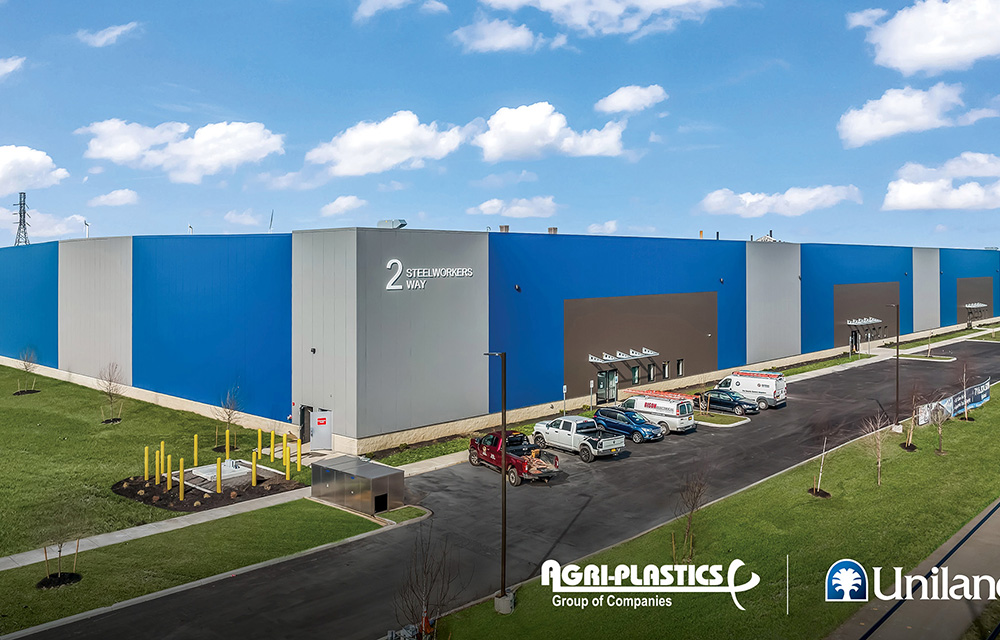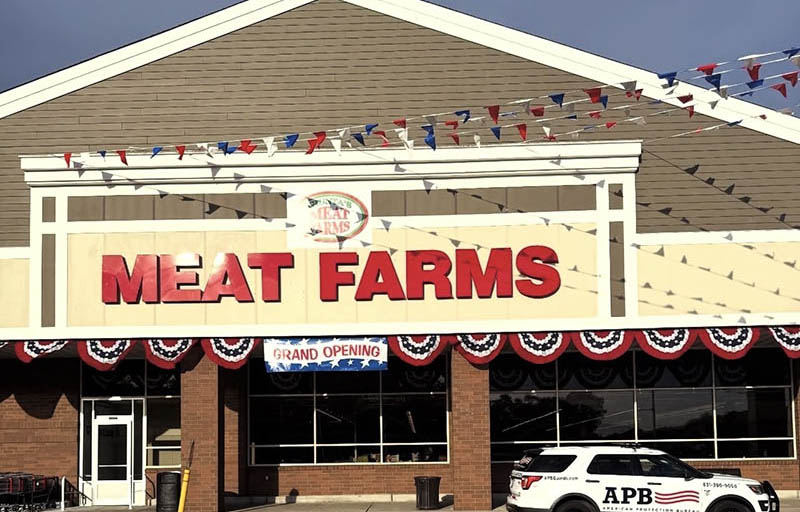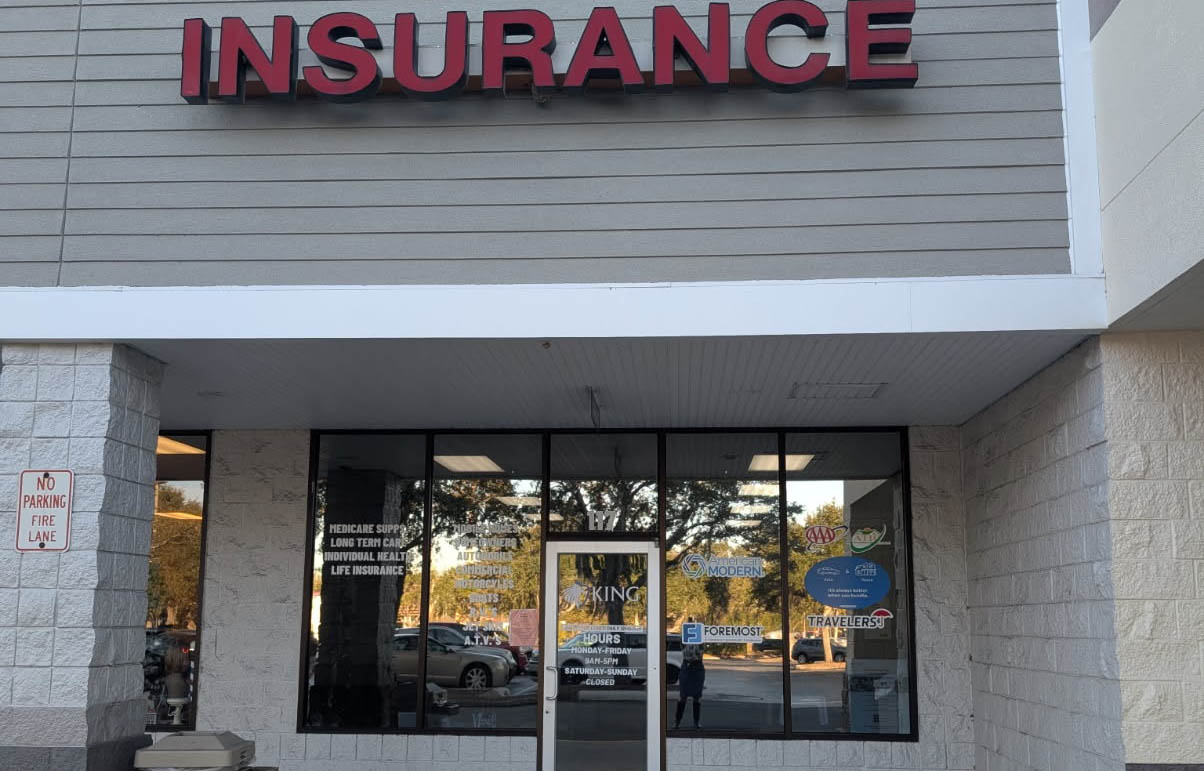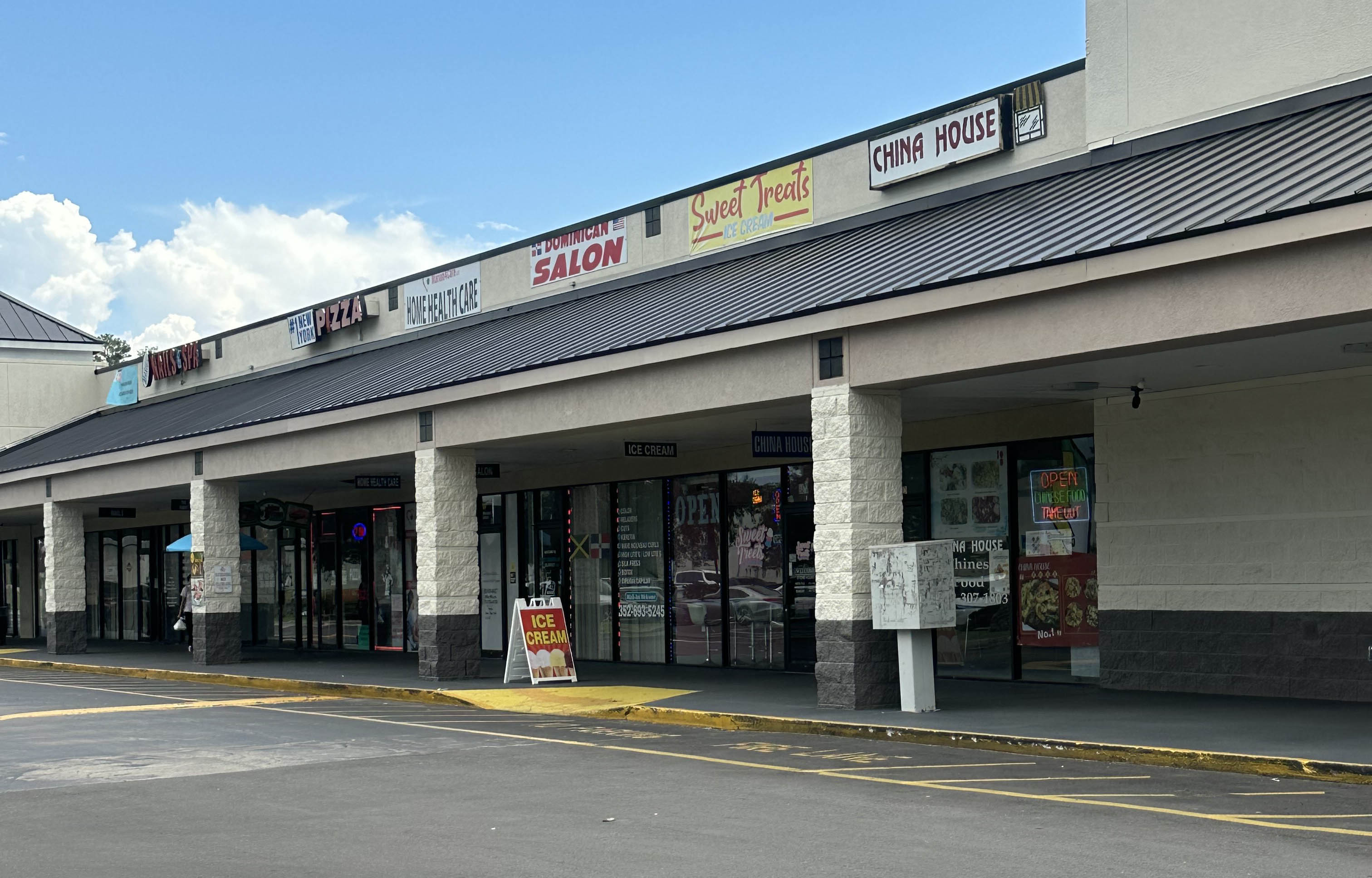News:
Brokerage
Posted: December 9, 2014
Question of the Month: How should building owners and property managers prepare for the 8th cycle of Local Law 11/98?
The 8th cycle of Local Law 11/98, Façade Inspection Safety Program (FISP), is upon us.
While the premise of the law seems straightforward, there are several details and questions that remain. Here, Charles Merritt, P.E., principal of Merritt Engineering Consultants, P.C. answers several important questions from building owners and property managers regarding Local Law 11/98.
Which buildings fall under LL11/98 (FISP) Requirements?
All buildings within the five boroughs of New York City with exterior walls greater than six stories in height (including the basement if at least half of its floor-to-ceiling height is above grade level) must be inspected and have reports filed with the DOB.
Who can conduct a LL11/98 (FISP) Façade inspection?
Local Law 11/98 inspections must be conducted and the report filed by a qualified exterior wall inspector (QEWI), which typically is a registered architect (RA) or professional engineer (PE), or qualified inspectors under an R.A. or P.E.'s supervision.
What does a typical inspection and report involve?
In addition to a visual inspection of the building facades, the QEWI will conduct a close-up inspection of the street façade from a scaffold. All exterior walls must be inspected with the exception of walls which are less than twelve inches from the exterior wall of an adjacent building. The QEWI will also inspect the roof, terrace, and railings, as well as all of the building's appurtenances such as air conditioners, canopies, fire escapes, etc.
The building's condition is then classified as Safe, Safe with Repair and Maintenance Program (SWARMP), or unsafe. A safe building needs no further action, a building that is categorized as Safe With Repair And Maintenance Program (SWARMP) must be repaired within the time frame listed by the engineer or architect in the report, and an unsafe building must be repaired within 30 days and the public protected immediately.
What are the most common SWARMP conditions?
SWARMP conditions are items deemed at risk of developing into unsafe conditions prior to the next FISP cycle (typically within 2-5 years). The most common include cracked or spalled masonry, deflected window lintels, and deteriorated mortar joints.
What is the most common unsafe conditions?
Any loose items that could fall from the building are considered unsafe. The most common include loose bricks or masonry, and loose items on fire escapes or windowsills.
What if SWARMP or unsafe conditions were noted in the 7th cycle? Can they be repaired during the 8th cycle?
Any conditions noted as SWARMP or unsafe in the 7th cycle must be addressed and repaired prior to conducting the 8th cycle inspection. If they are not rectified, they will automatically be classified as unsafe in the 8th cycle report.
What are the filing deadlines for the 8th cycle?
The DOB has established three overlapping inspection timeframes with staggered filing deadlines, based on the last digit of the building's block number, as shown above.
The first wave of inspections (sub-cycle A) will begin on February 21st of 2015, which is right around the corner. If your building block number ends in 4, 5, 6, or 9 - now is the time to ensure that all SWARMP and unsafe conditions listed in your 7th cycle report are addressed.
We were recently informed that all railings/handrails on our building must be inspected and filed as a supplemental report. Can we wait until the 8th cycle inspection to have this done?
Unfortunately, no. The recent amendment issued by the DOB requiring the inspections of all railings and handrails must be filed as a supplemental report for the 7th cycle. Please be aware that the due date for the supplemental report filing is February 2, 2015.
Merritt Engineering Consultants professionals have prepared hundreds of Local Law 11/98 (FISP) reports over the past 27 years and are available to answer any additional questions.
Charles Merritt, Sr. is the principal of Merritt Engineering Consultants, P.C., Bayside, N.Y.
Tags:
Brokerage
MORE FROM Brokerage
Hanna Commercial Real Estate brokers Agri-Plastics 64,000 s/f manufacturing facility lease at Uniland’s 2 Steelworkers Way
Lackawanna, NY Agri-Plastics, a global leader in the manufacturing of plastic products for agricultural, industrial, recreational, environmental, and home industries, has signed a 64,000 s/f lease to open a

Quick Hits
Columns and Thought Leadership

Lasting effects of eminent domain on commercial development - by Sebastian Jablonski
The state has the authority to seize all or part of privately owned commercial real estate for public use by the power of eminent domain. Although the state is constitutionally required to provide just compensation to the property owner, it frequently fails to account

Strategic pause - by Shallini Mehra and Chirag Doshi
Many investors are in a period of strategic pause as New York City’s mayoral race approaches. A major inflection point came with the Democratic primary victory of Zohran Mamdani, a staunch tenant advocate, with a progressive housing platform which supports rent freezes for rent

AI comes to public relations, but be cautious, experts say - by Harry Zlokower
Last month Bisnow scheduled the New York AI & Technology cocktail event on commercial real estate, moderated by Tal Kerret, president, Silverstein Properties, and including tech officers from Rudin Management, Silverstein Properties, structural engineering company Thornton Tomasetti and the founder of Overlay Capital Build,

Behind the post: Why reels, stories, and shorts work for CRE (and how to use them) - by Kimberly Zar Bloorian
Let’s be real: if you’re still only posting photos of properties, you’re missing out. Reels, Stories, and Shorts are where attention lives, and in commercial real estate, attention is currency.








.jpg)

.gif)